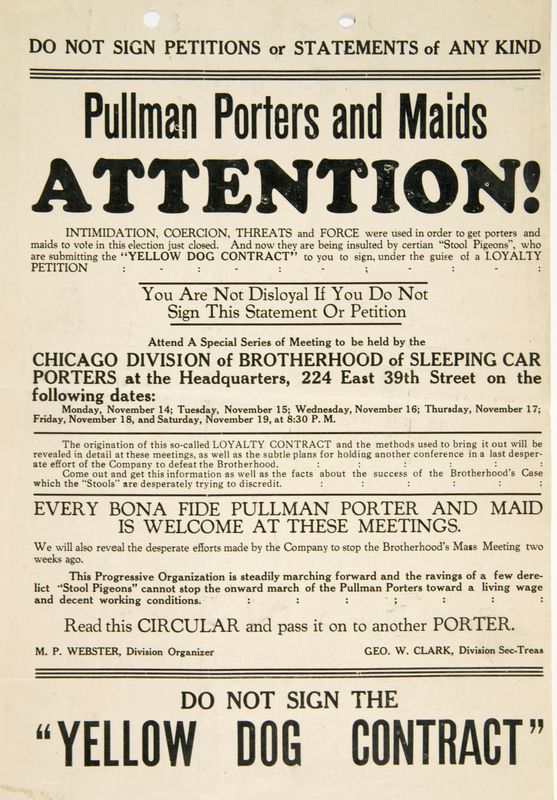
- Podcast Features
-
Monetization
-
Ads Marketplace
Join Ads Marketplace to earn through podcast sponsorships.
-
PodAds
Manage your ads with dynamic ad insertion capability.
-
Apple Podcasts Subscriptions Integration
Monetize with Apple Podcasts Subscriptions via Podbean.
-
Live Streaming
Earn rewards and recurring income from Fan Club membership.
-
Ads Marketplace
- Podbean App
-
Help and Support
-
Help Center
Get the answers and support you need.
-
Podbean Academy
Resources and guides to launch, grow, and monetize podcast.
-
Podbean Blog
Stay updated with the latest podcasting tips and trends.
-
What’s New
Check out our newest and recently released features!
-
Podcasting Smarter
Podcast interviews, best practices, and helpful tips.
-
Help Center
-
Popular Topics
-
How to Start a Podcast
The step-by-step guide to start your own podcast.
-
How to Start a Live Podcast
Create the best live podcast and engage your audience.
-
How to Monetize a Podcast
Tips on making the decision to monetize your podcast.
-
How to Promote Your Podcast
The best ways to get more eyes and ears on your podcast.
-
Podcast Advertising 101
Everything you need to know about podcast advertising.
-
Mobile Podcast Recording Guide
The ultimate guide to recording a podcast on your phone.
-
How to Use Group Recording
Steps to set up and use group recording in the Podbean app.
-
How to Start a Podcast
-
Podcasting
- Podcast Features
-
Monetization
-
Ads Marketplace
Join Ads Marketplace to earn through podcast sponsorships.
-
PodAds
Manage your ads with dynamic ad insertion capability.
-
Apple Podcasts Subscriptions Integration
Monetize with Apple Podcasts Subscriptions via Podbean.
-
Live Streaming
Earn rewards and recurring income from Fan Club membership.
-
Ads Marketplace
- Podbean App
- Advertisers
- Enterprise
- Pricing
-
Resources
-
Help and Support
-
Help Center
Get the answers and support you need.
-
Podbean Academy
Resources and guides to launch, grow, and monetize podcast.
-
Podbean Blog
Stay updated with the latest podcasting tips and trends.
-
What’s New
Check out our newest and recently released features!
-
Podcasting Smarter
Podcast interviews, best practices, and helpful tips.
-
Help Center
-
Popular Topics
-
How to Start a Podcast
The step-by-step guide to start your own podcast.
-
How to Start a Live Podcast
Create the best live podcast and engage your audience.
-
How to Monetize a Podcast
Tips on making the decision to monetize your podcast.
-
How to Promote Your Podcast
The best ways to get more eyes and ears on your podcast.
-
Podcast Advertising 101
Everything you need to know about podcast advertising.
-
Mobile Podcast Recording Guide
The ultimate guide to recording a podcast on your phone.
-
How to Use Group Recording
Steps to set up and use group recording in the Podbean app.
-
How to Start a Podcast
-
Help and Support
- Discover

On this day in labor history, the year was 1908.
That was the day the United States Supreme Court ruled that bans on “yellow-dog” contracts were unconstitutional in the case, Adair v United States.
The case served to nullify the Erdman Act of 1898, which had banned such contracts for those who worked on moving trains in the railroad industry.
The Erdman Act had been a response to the 1894 Pullman strike.
At that time, the federal government smashed workers striking against deep wage cuts and for union recognition with Eugene V. Debs’ American Railway Union.
Seeking to prevent any disruption along the railroads, the Erdman Act banned any contracts that required workers to renounce unions in order to gain employment, recognized the right of union organizations as a means of collective bargaining and established mechanisms for the arbitration of grievances.
In 1906, William Adair, a supervisor with the Louisville & Nashville Railroad fired a member of the Order of Locomotive Firemen for his membership.
Adair was indicted under the Erdman Act, found guilty and fined.
He then appealed to the Supreme Court and won.
The Supreme Court ruled that the Erdman Act violated the due process clause of the Fifth Amendment and served to supersede the Commerce Clause in the Constitution.
The court argued that the railroads’ employment decisions were a protected right so long as they did not injure the public interest.
Congress could not criminalize the firing of an employee because of union membership.
Dissenting opinion centered on the potential for renewed labor conflict.
Workers would have to wait almost 25 years for yellow-dog contracts to be banned in all industries with the passage of the 1932 Norris-LaGuardia Act.
More Episodes
 2025-05-08
2025-05-08
 2025-05-06
2025-05-06
 2025-05-05
2025-05-05
 2025-05-04
2025-05-04
 2025-05-02
2025-05-02
 2025-05-01
2025-05-01
 2025-04-29
2025-04-29
 2025-04-28
2025-04-28
 2025-04-27
2025-04-27
 2025-04-25
2025-04-25
 2025-04-24
2025-04-24
 2025-04-23
2025-04-23
 2025-04-22
2025-04-22
 2025-04-21
2025-04-21
 2025-04-20
2025-04-20
 2025-04-19
2025-04-19
Create your
podcast in
minutes
- Full-featured podcast site
- Unlimited storage and bandwidth
- Comprehensive podcast stats
- Distribute to Apple Podcasts, Spotify, and more
- Make money with your podcast
It is Free
- Privacy Policy
- Cookie Policy
- Terms of Use
- Consent Preferences
- Copyright © 2015-2025 Podbean.com


